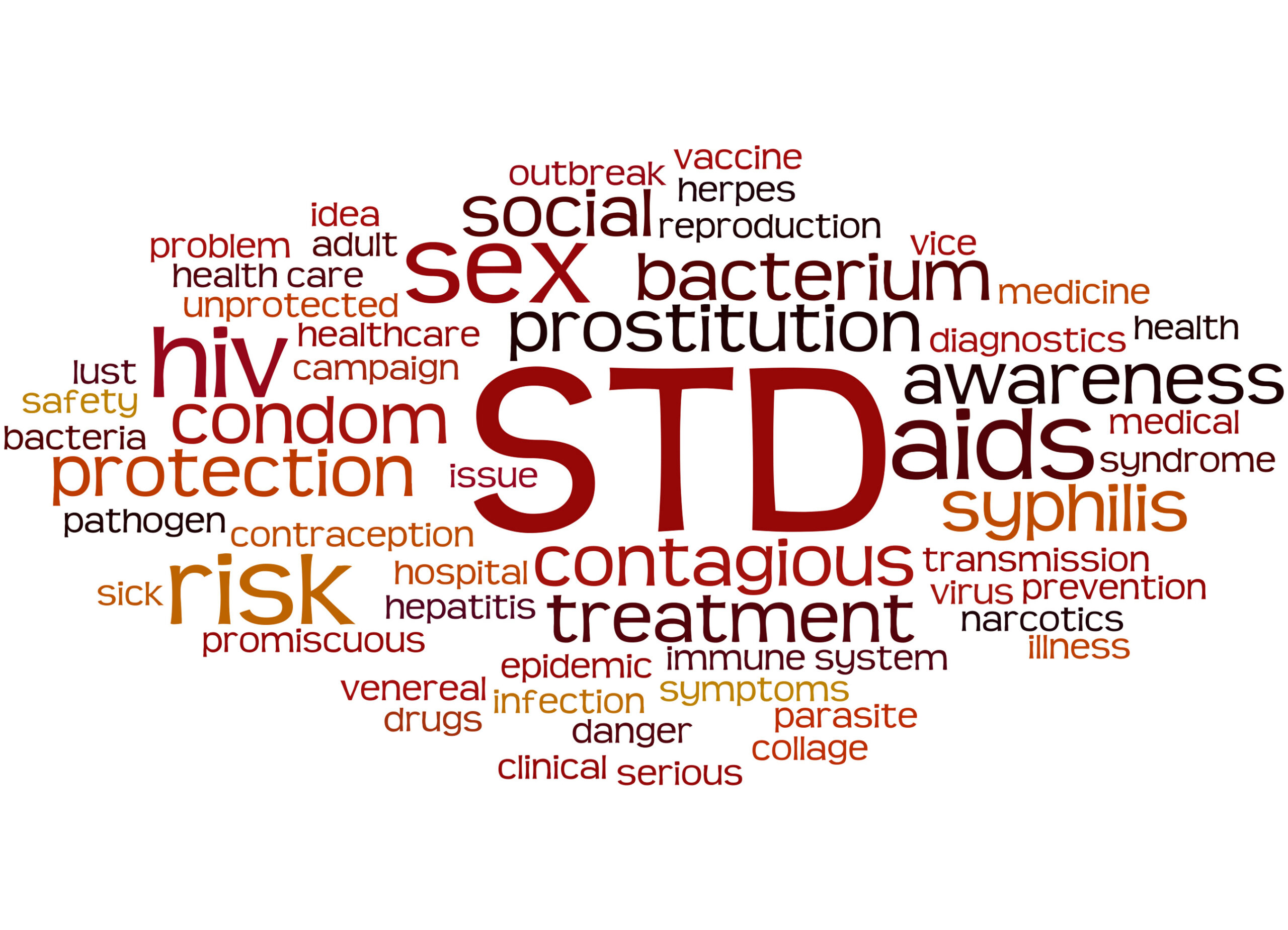The report documents cases rather than individuals as people can have multiple infections or become re-infected with one or more STIs within a year, and these figures indicate that people are “…taking risks with their health, with their sexuality and with their reproductive health,” says lead author Melanie Taylor who is also a medical epidemiologist at the agency’s Department of Reproductive Health and Research.
According to the agency the vast majority of infections are easily preventable and curable, but some are evolving to become antibiotic resistant forms of superbugs which left untreated can lead to serious and chronic health conditions which includes but is not limited to infertility, ectopic pregnancies, stillbirths, neurological disease, cardiovascular disease, and increased risk of HIV.
Executive director for universal health coverage Peter Salama suggests that their findings demonstrate the need for “a concerted effort to ensure everyone, everywhere can access the services they need to prevent and treat these debilitating diseases.”
There has been a shortage in the global supply of benzathine penicillin which is used to treat syphilis that is an infection caused by Treponema pallidum bacteria; according to the agency these shortages have made it difficult to treat the disease on a larger scale and has resulted in an estimated 200,000 stillbirths and newborn deaths in 2016, making syphilis one of the leading causes of global baby loss.
Tim Jinks who is an infectious disease specialist at Wellcome Trust says the increase in the amount of cases of sexually transmitted infections such as gonorrhea is rather alarming given that some antibiotics are being shown as becoming less effective due to drug resistance: “We are increasingly seeing incidences of so-called ‘super-gonorrhea’ which are practically impossible to treat,” Jinks said, referencing to a case first seen in the UK in 2018.
The agency suggests that one of the factors for the increase in cases globally may be due to complacency that can result when it comes to protection stemming from the relatively easy access people have to treatments: “You have less people worried about HIV. This has led to a lower use of condoms, which also stop other diseases,” said Teodora Wi, a medical officer in the organization’s department for reproductive health and research.
According to Wi this increase becomes even more alarming when you factor in that it is occurring at a time when sex is being made even more accessible via advances in media and in technology such as data apps and more specifically those geared to hookups.
This global concern may be addressed by implementation of better STI diagnosis, screening and treatment services from program managers and healthcare providers, and stronger promotion of consistent and responsible use of condoms as well as other forms of protection by individuals in public health messages/campaigns.
“STIs should not be treated any differently than other infections, and most importantly we cannot sweep them under the carpet and pretend they do not exist,” Wi said in a statement.




